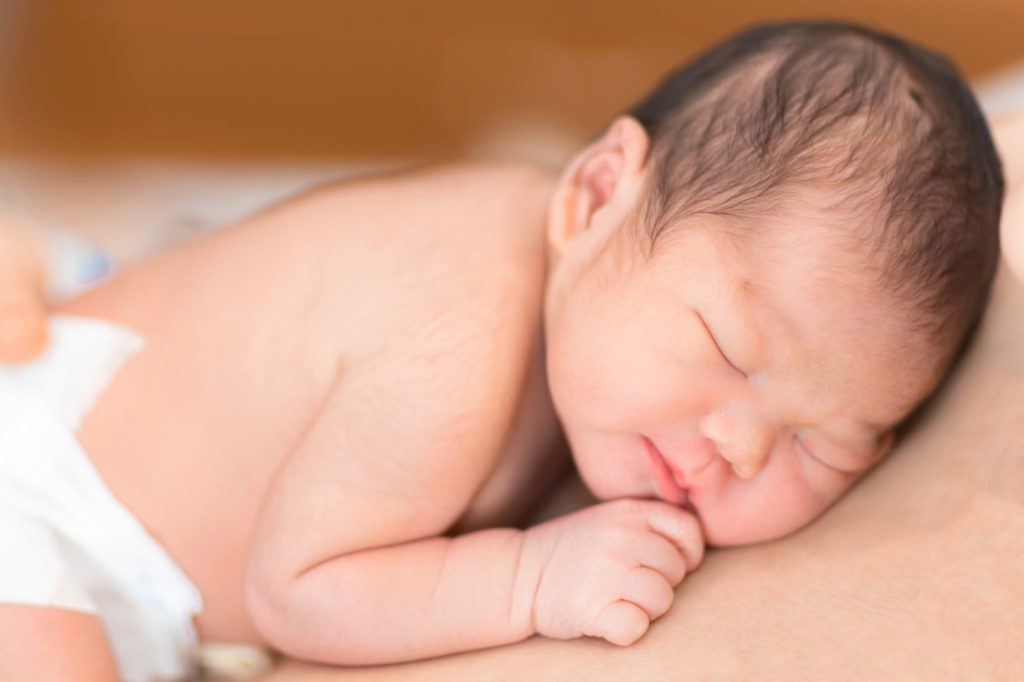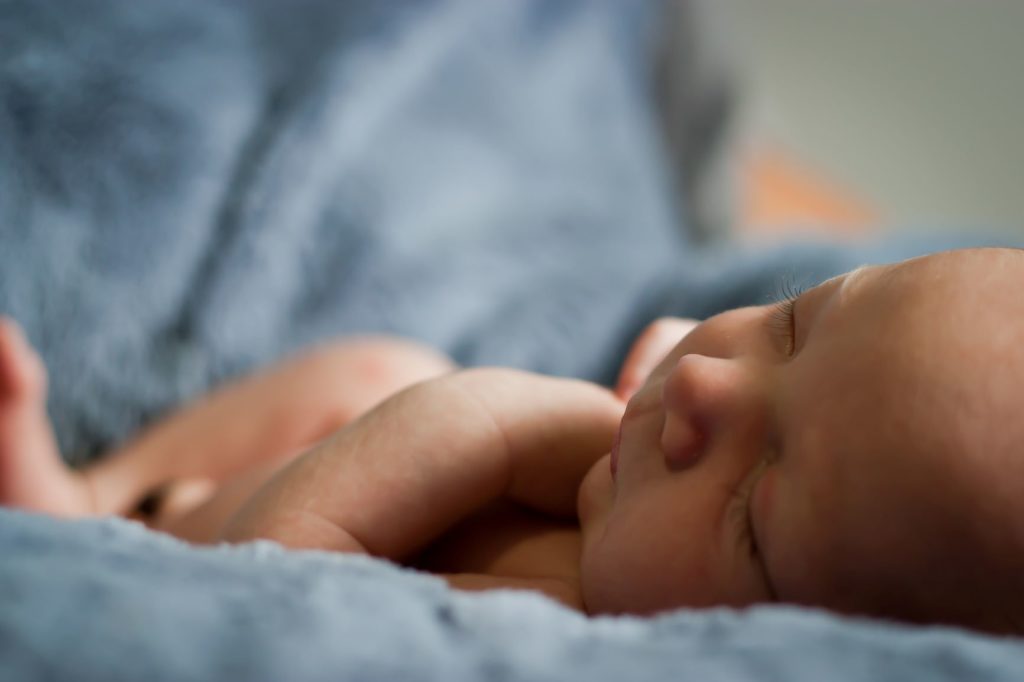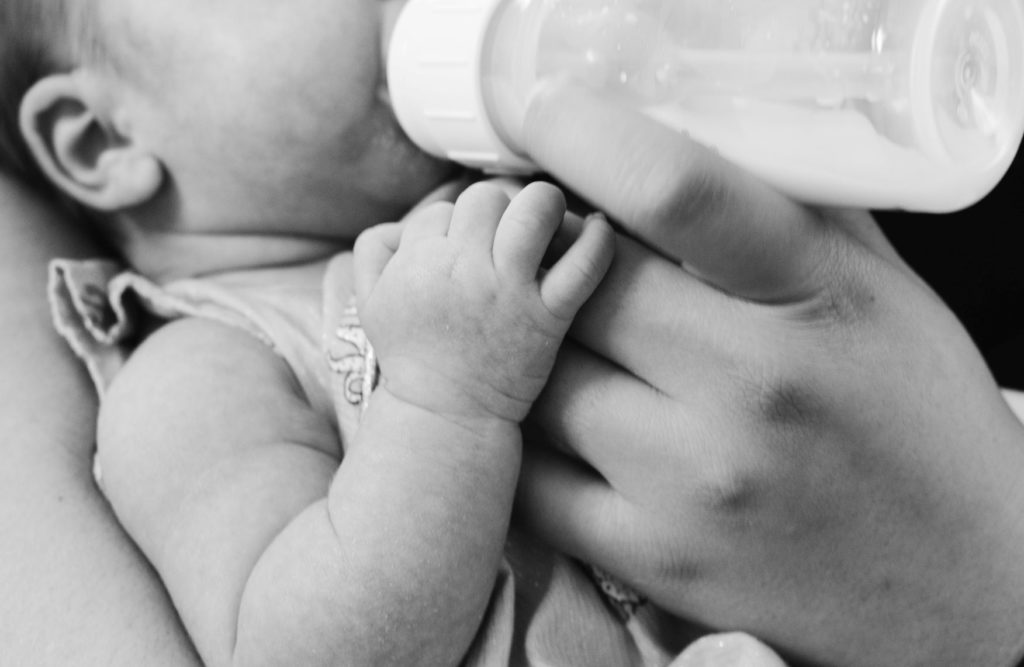
CRITICAL HEALTH & SAFETY DISCLAIMER
mothernity.co.uk is a platform for informational and educational purposes only. This content is based on general research and experienced parent insight and is NOT a substitute for professional medical advice, diagnosis, or treatment. Always seek the advice of your qualified healthcare provider (GP, midwife, or consultant) with any questions you may have regarding a medical condition or before making changes to your health plan or treatments. Never disregard professional medical advice or delay seeking it because of something you have read here.
Is your newborn baby experiencing frequent hiccups, leaving you concerned and uncertain about their well-being? Rest assured, hiccups in babies are not only normal but also beneficial. Let’s delve into this matter to shed light on any worries you might have.
Hiccups serve to alleviate trapped air
If your baby is hiccuping regularly – perhaps around 3 to 4 times a day, lasting over 20 minutes each time – you might be understandably anxious. We faced a similar situation with our baby. Upon seeking medical advice, we discovered that although the exact cause remains elusive, hiccups are completely normal. Further research revealed a comforting fact: hiccups are the body’s way of relieving excess trapped air. Therefore, if your baby is feeling gassy or has not burped as expected, hiccups can emerge as a natural response.
It’s important to note that while hiccups might release some accumulated air, your baby may not be entirely free from it. Subsequent burps might take longer to manifest and release trapped air.
How can you manage hiccups?
Unless your baby appears distressed during hiccups, it is generally recommended to let them run their course. Allowing hiccups to naturally resolve can lead to your baby feeling better afterwards. However, if your newborn seems distressed, we’ve found that certain methods can help alleviate hiccups:
- Feeding serves as an effective way to halt hiccups. Whether breastfeeding or offering formula, this distraction often interrupts the hiccuping cycle. Keep in mind that feeding during hiccups might introduce more air, potentially leading to further hiccups, colic, or reflux.
- Gripe water, owing to its taste, can be another remedy to consider, as it may divert your baby’s attention from hiccups.
- A small amount of sterilised water is sometimes given to babies to stop hiccups. If your baby is under 6 months of age, consult your GP before using this method.
Why does my baby seem fine during hiccups but become agitated later?
If your baby appears calm during hiccups but becomes upset after a while, this can indicate that excess air has been successfully released from their system. The ensuing fussiness might signal the need for cuddling and comfort until the hiccups subside. Holding your baby in your arms and providing reassurance can help ease their distress.
Newborn baby hiccups: A potential boon for brain development
A study led by UCL, involving brain scans of newborns, has unearthed a fascinating insight into hiccups. It revealed that every bout of hiccups triggers a substantial surge of brain signals in a newborn’s brain, potentially aiding the development of breathing regulation skills. Dr Lorenzo Fabrizi, the senior author of the study, explained that the hiccup activity might contribute to teaching the baby’s brain to monitor breathing muscles, facilitating voluntary control of breathing by manipulating the diaphragm.
Interestingly, babies born prematurely are more prone to hiccups. Additionally, hiccups can commence in the womb as early as the 9th week of gestation.
In conclusion, there’s no need to worry about hiccups – whether they occur in the womb or beyond, they are a completely normal phenomenon. Embrace your role in comforting and ensuring your little one feels secure while they release excess air. Your baby’s hiccuping journey signifies their healthy development.



